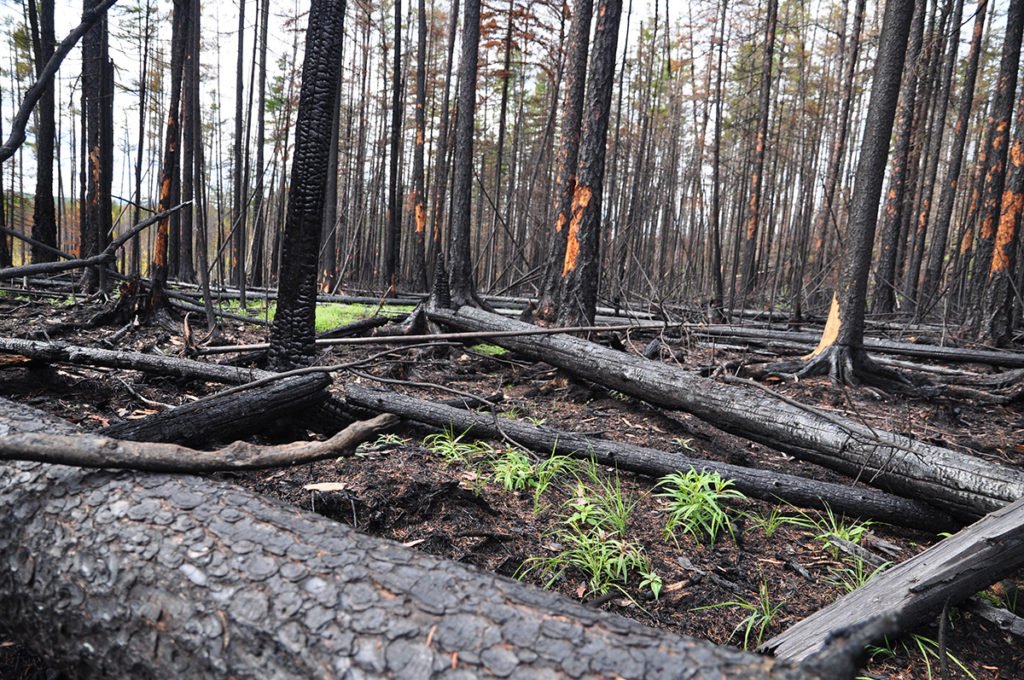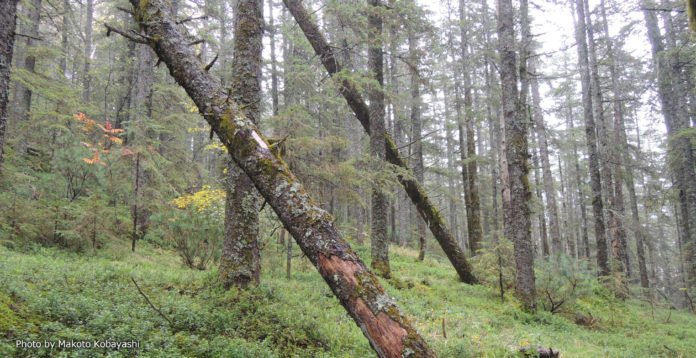Boreal timberlands are a gigantic carbon sink. The fine roots, not just the leaves, stems and branches of trees, to a great extent, add to carbon collection. The Russian Far East has had an expanding number of backwoods fires, a significant number of which are accepted to be caused by an Earth-wide temperature boost and human exercises.
Consuming trees in backwoods fires normally cause the emanation of CO2, however little is thought about the degree to which fire-determined charcoal impacts environment forms, for example, soil natural issue disintegration.

The specialists, including Russian Academy of Science Senior Researcher Semyon Bryanin and Hokkaido University Assistant Professor Makoto Kobayashi, performed field litterbag analyzes more than 515 days, brooding fine larch roots with the differing centralization of charcoal in the dirt.
Mass loss of fine roots was measured in each of four conditions over about two years: control (no charcoal); mean charcoal substance measured in the field; double the mean charcoal substance measured in the field; and charcoal substance equivalent to the greatest focus in the field.
As per the outcomes, charcoal had little impact on the disintegration of fine roots directly after they were covered in soil. Be that as it may, toward the finish of the analysis, the loss of root mass in tests hatched with higher convergences of charcoal was more prominent (twofold substance: 40 percent; most extreme substance: 42 percent) than in the control (30 percent) and the normal substance conditions (27 percent).
Makoto Kobayashi said, “Our examination has given the main field confirm that fire-inferred charcoal may quicken the deterioration of fine larch roots and subsequently CO2 discharges from boreal backwoods.”
The discovering likely will help foresee future changes in CO2 fixation in the air should more woods fires be activated by an Earth-wide temperature boost and human exercises.
